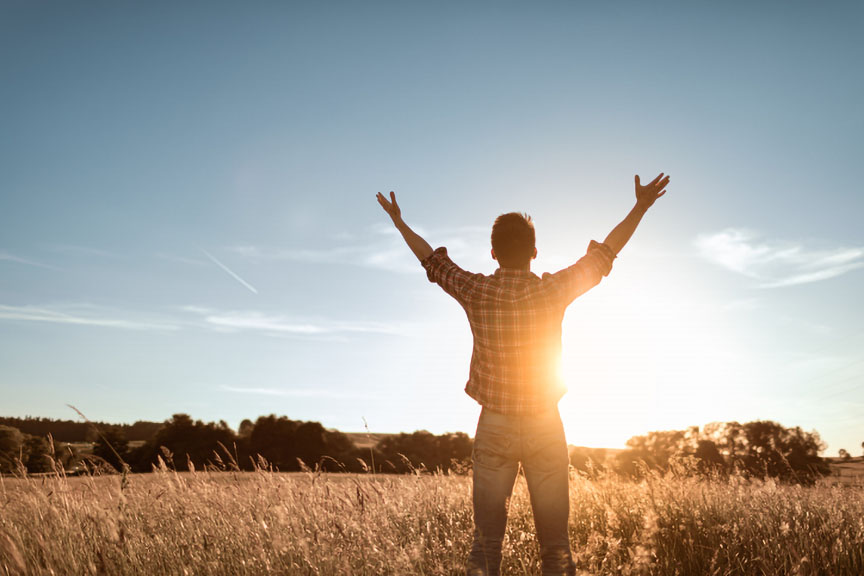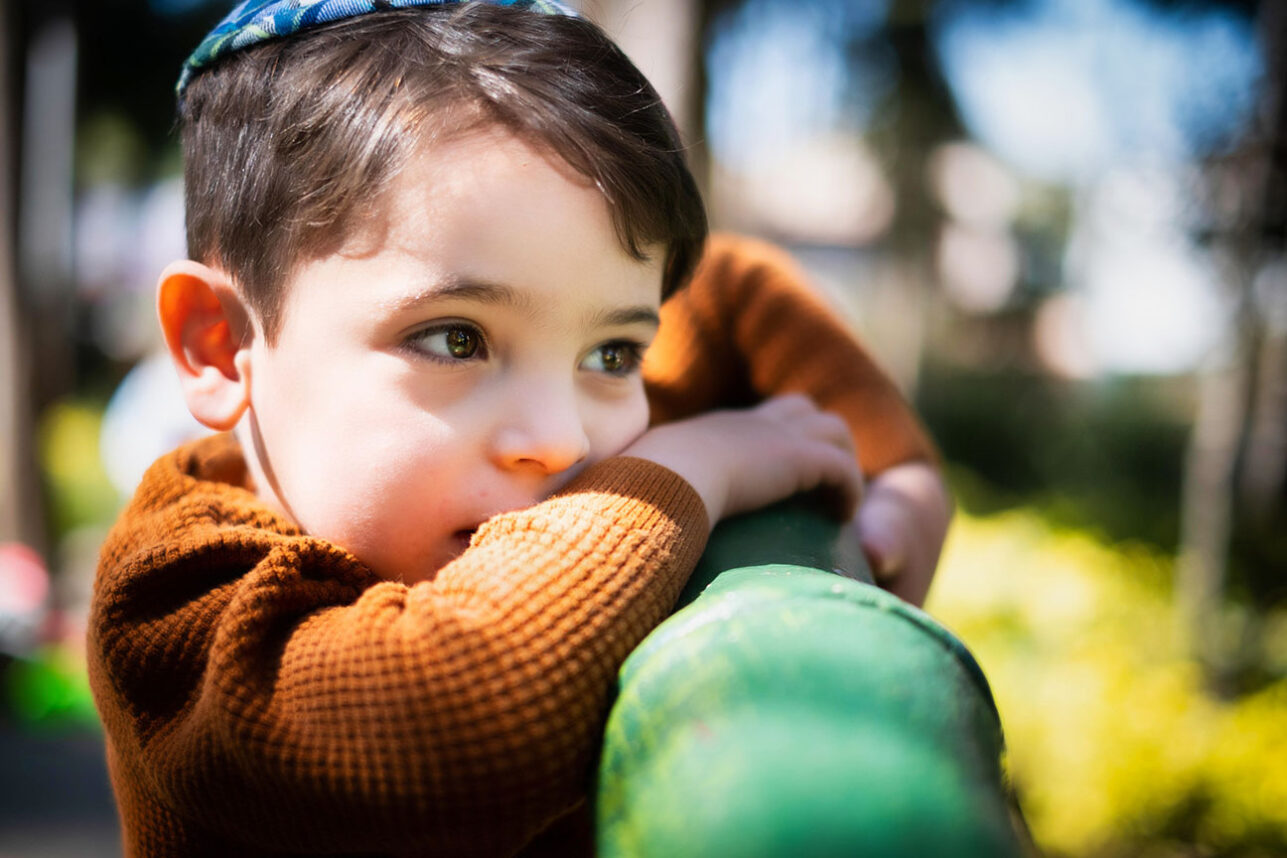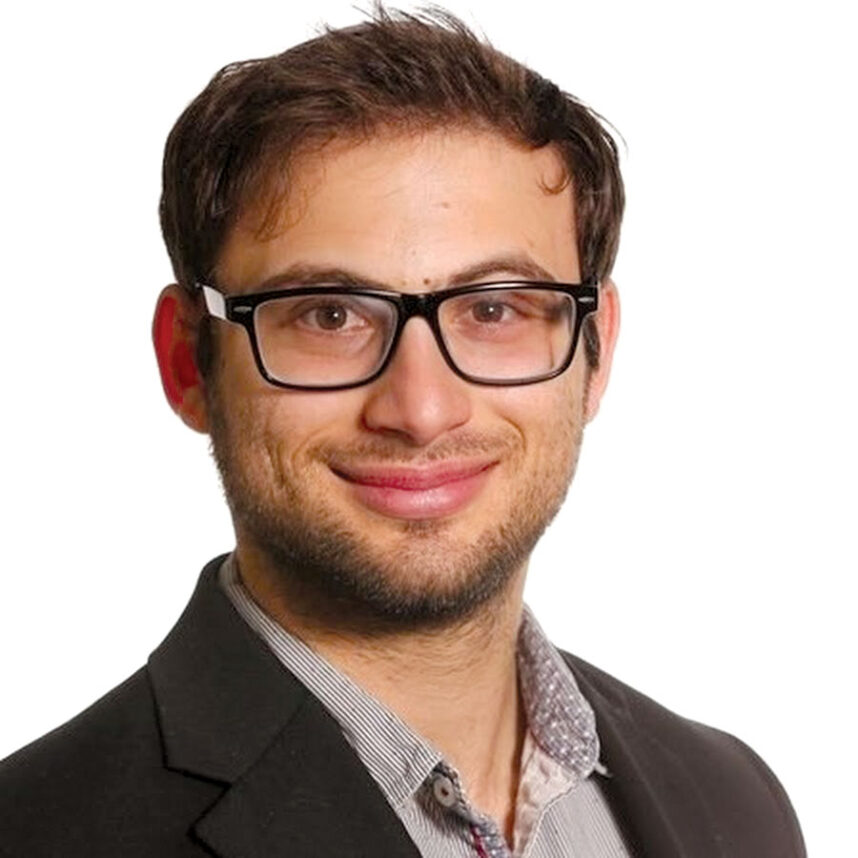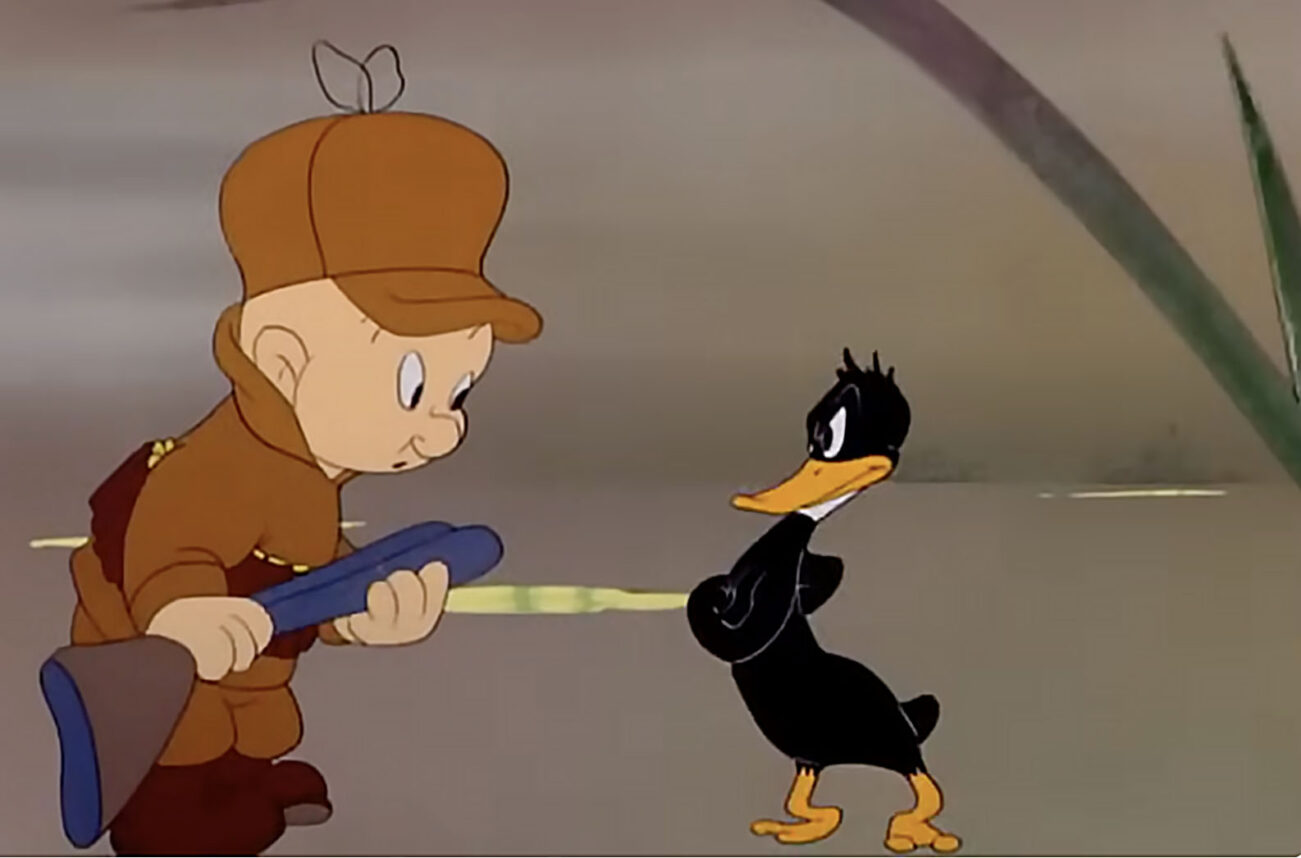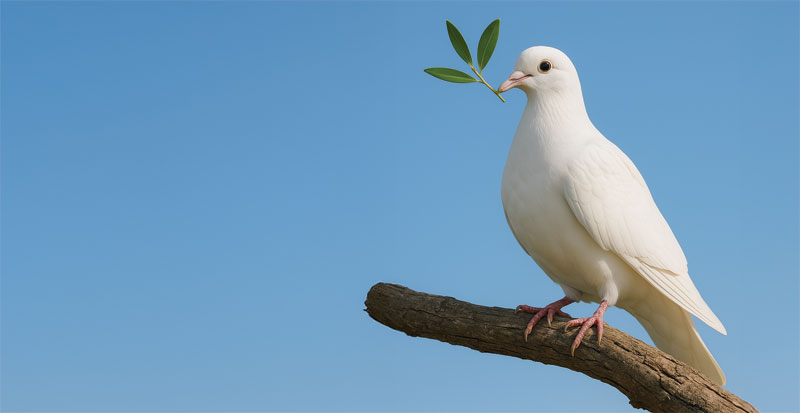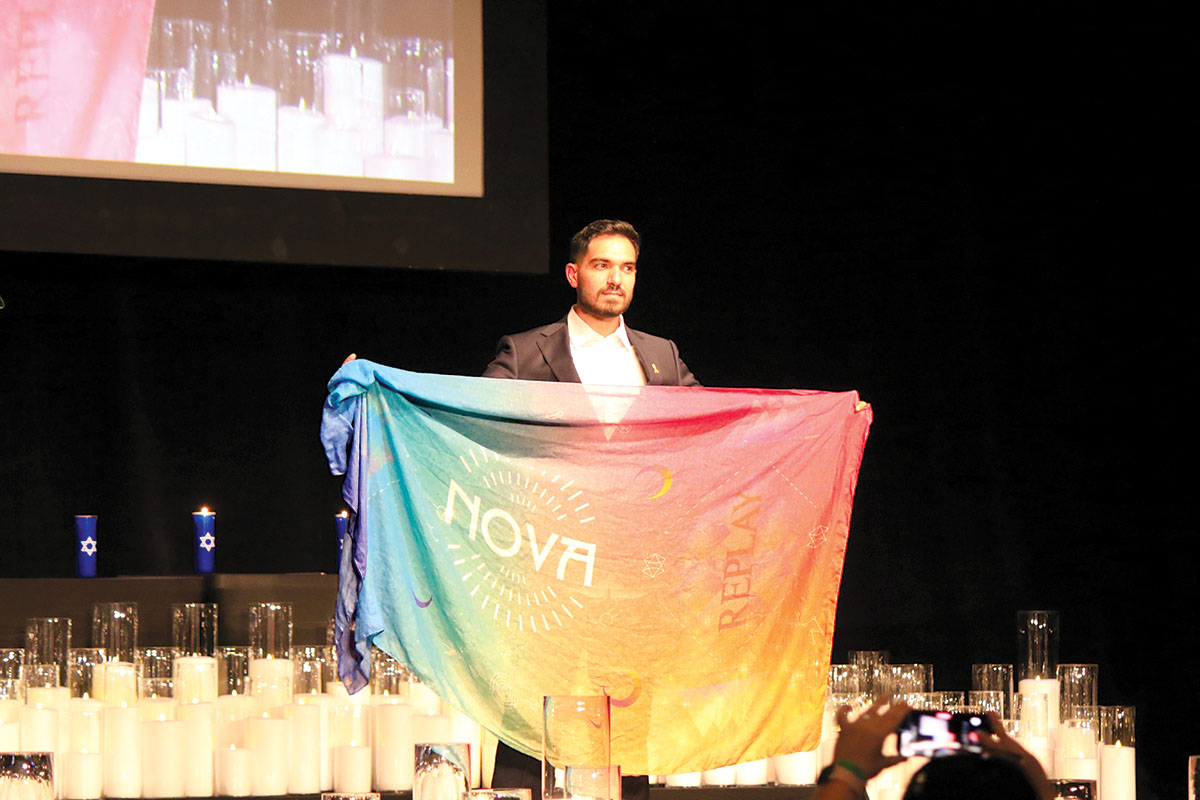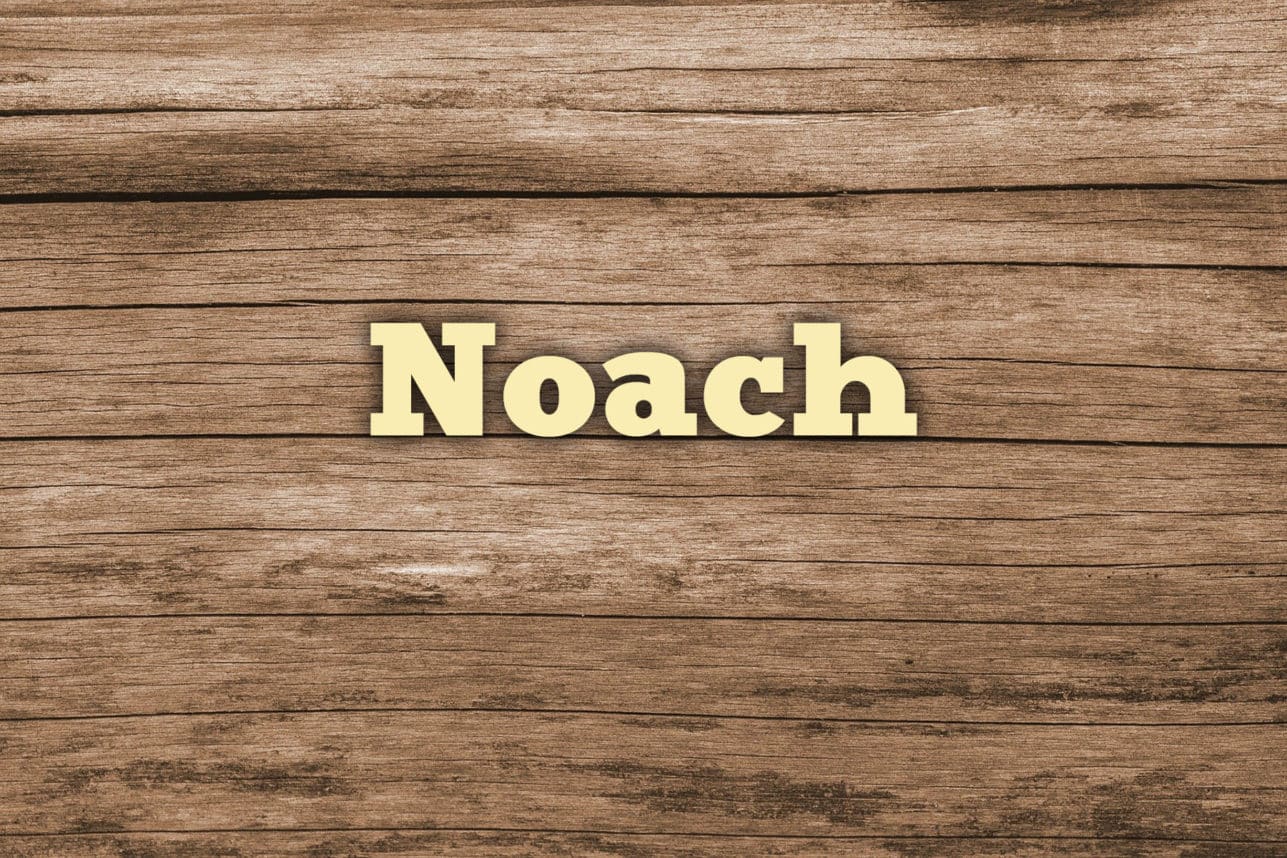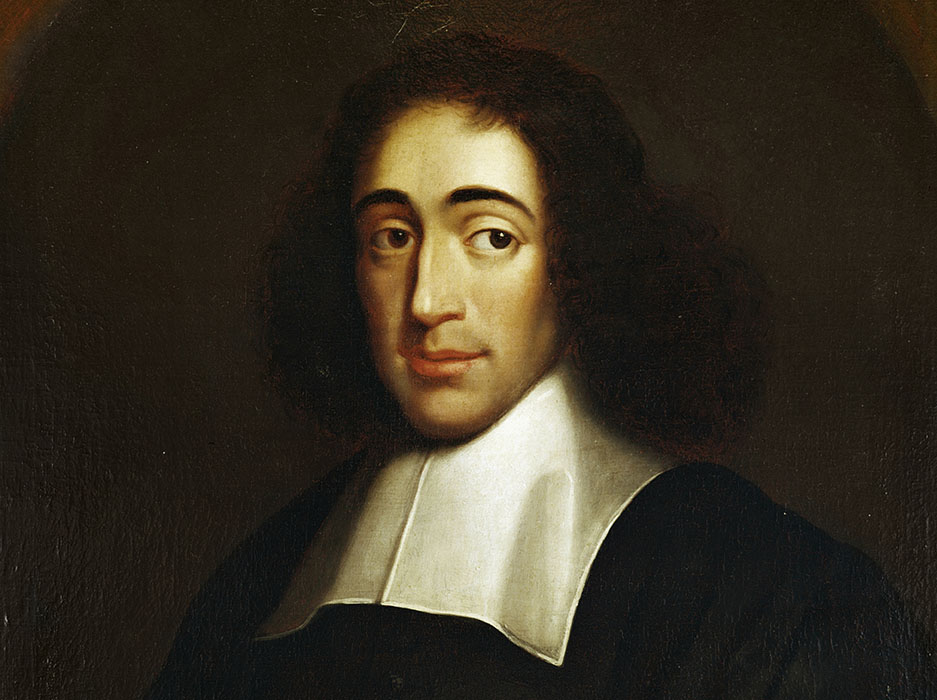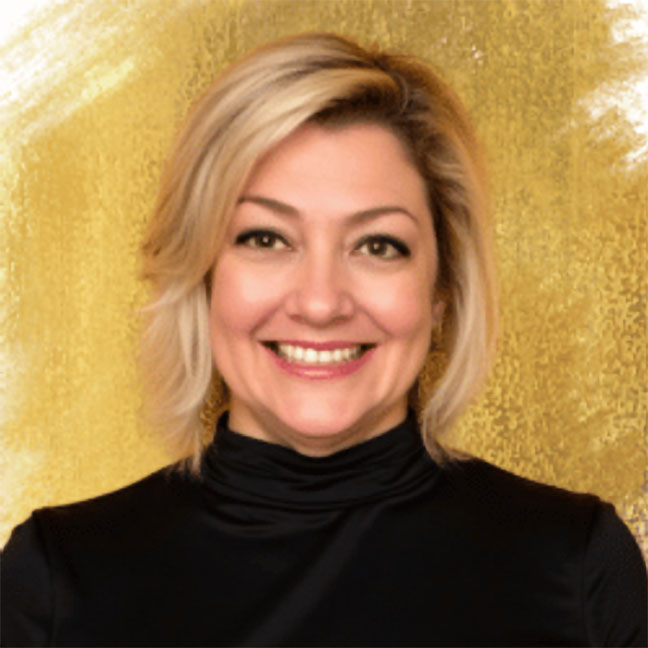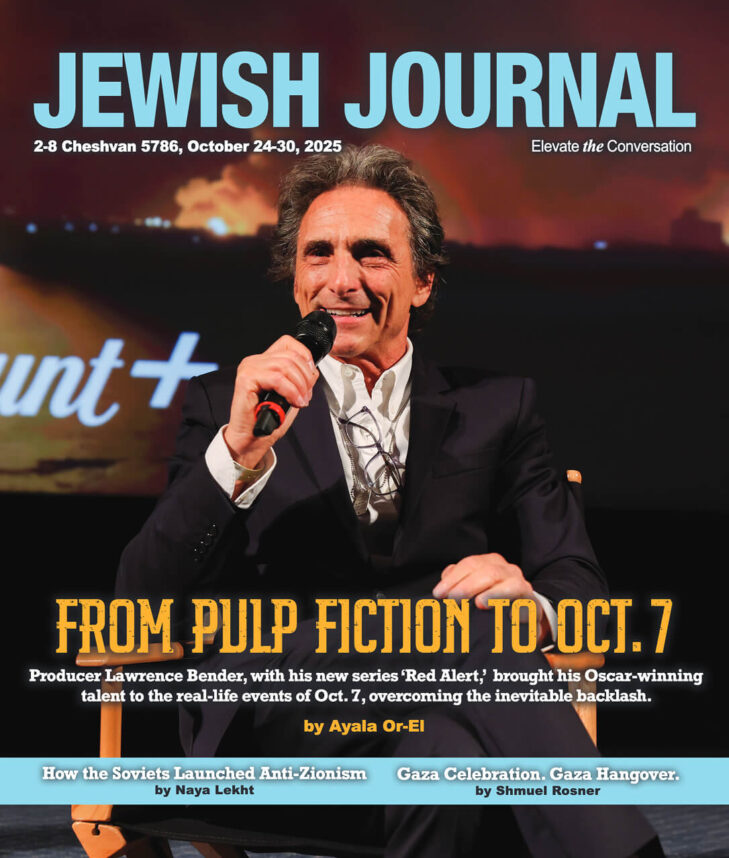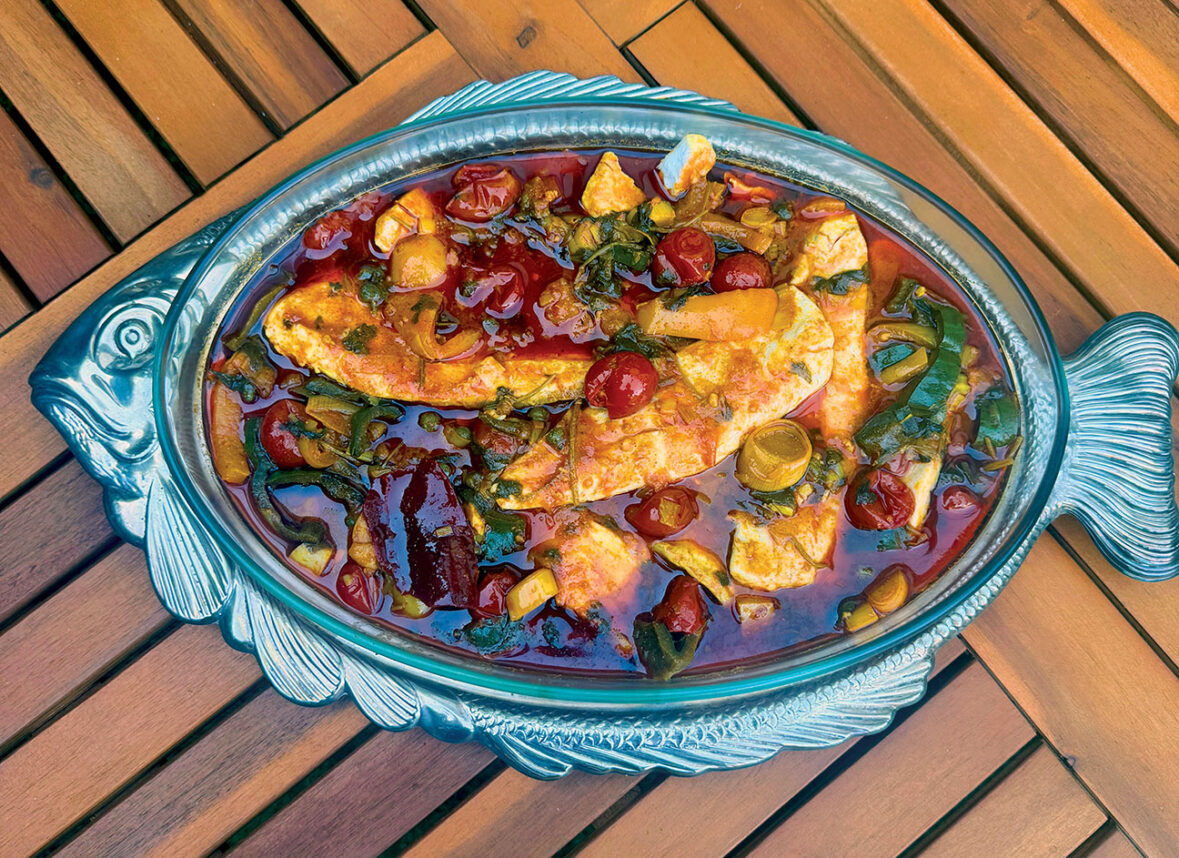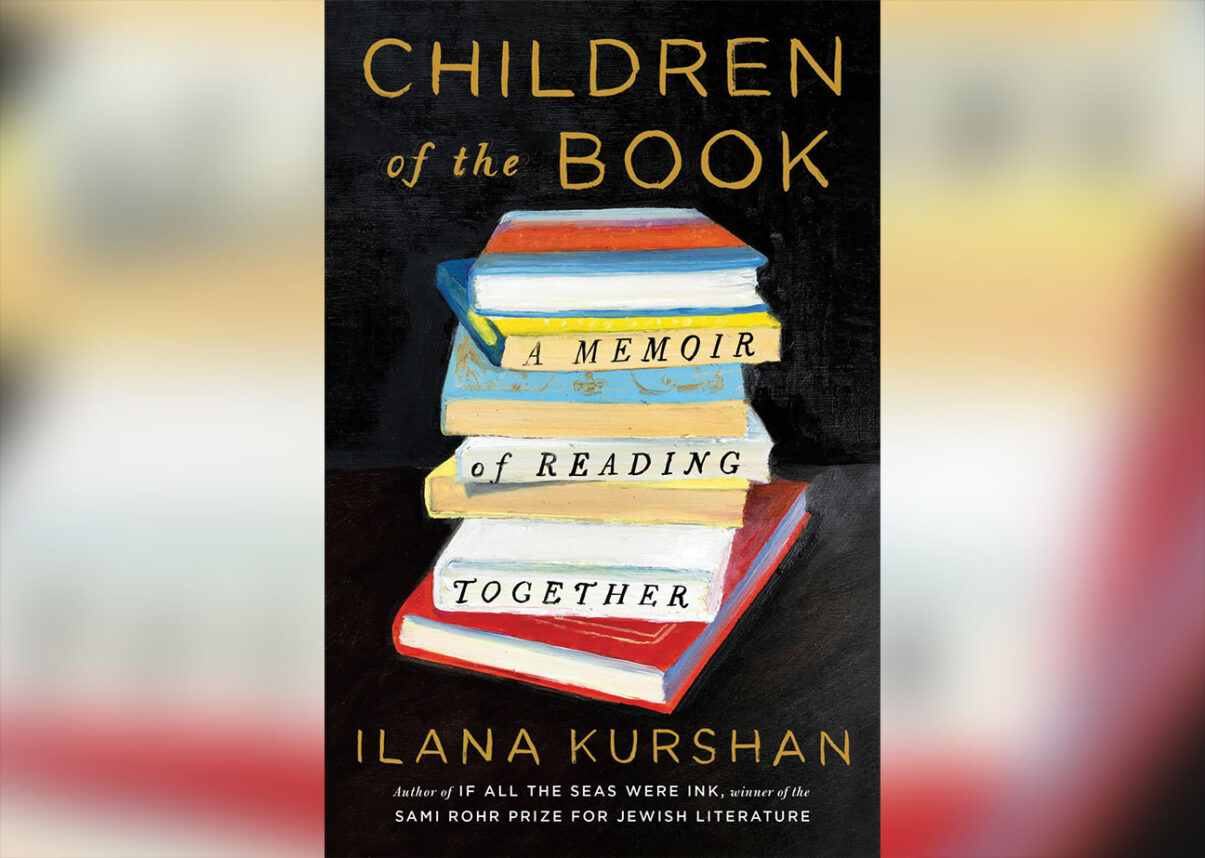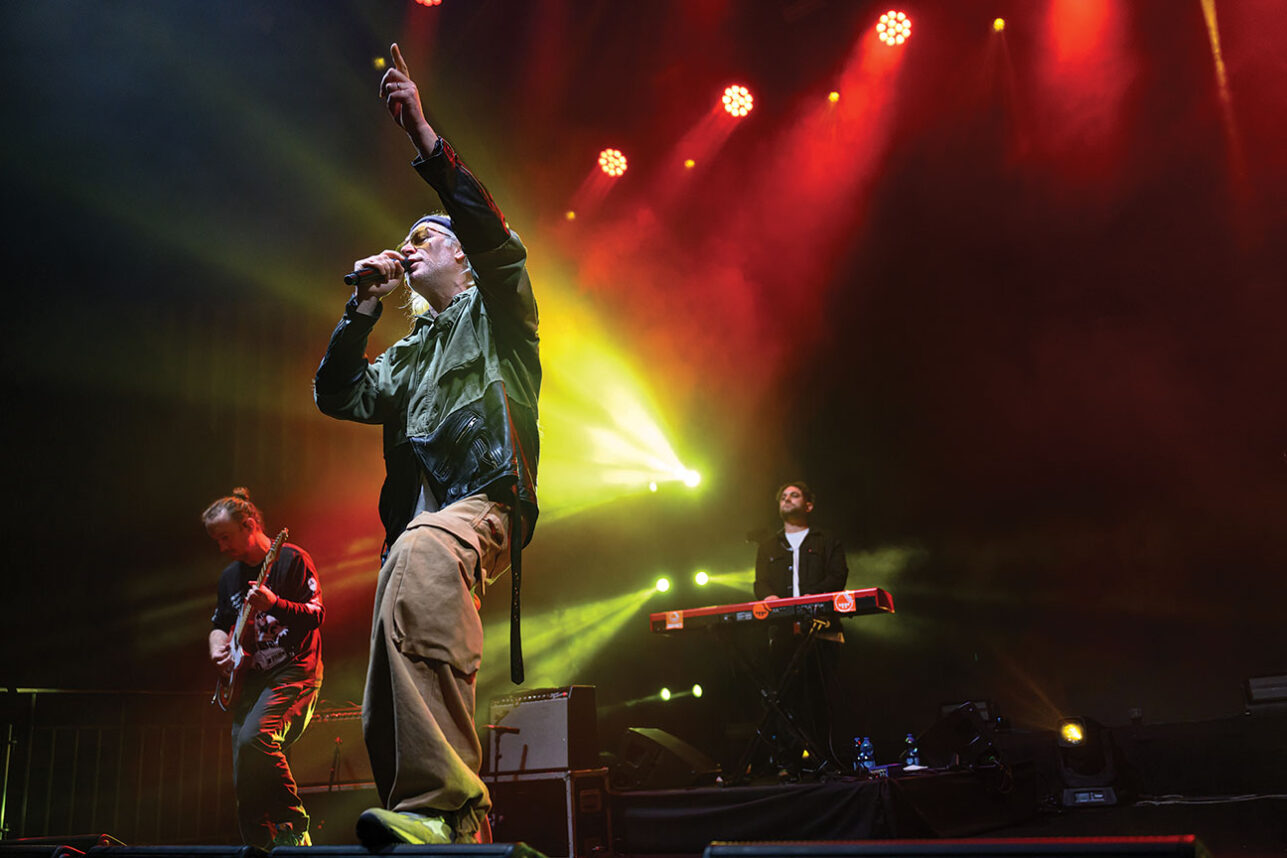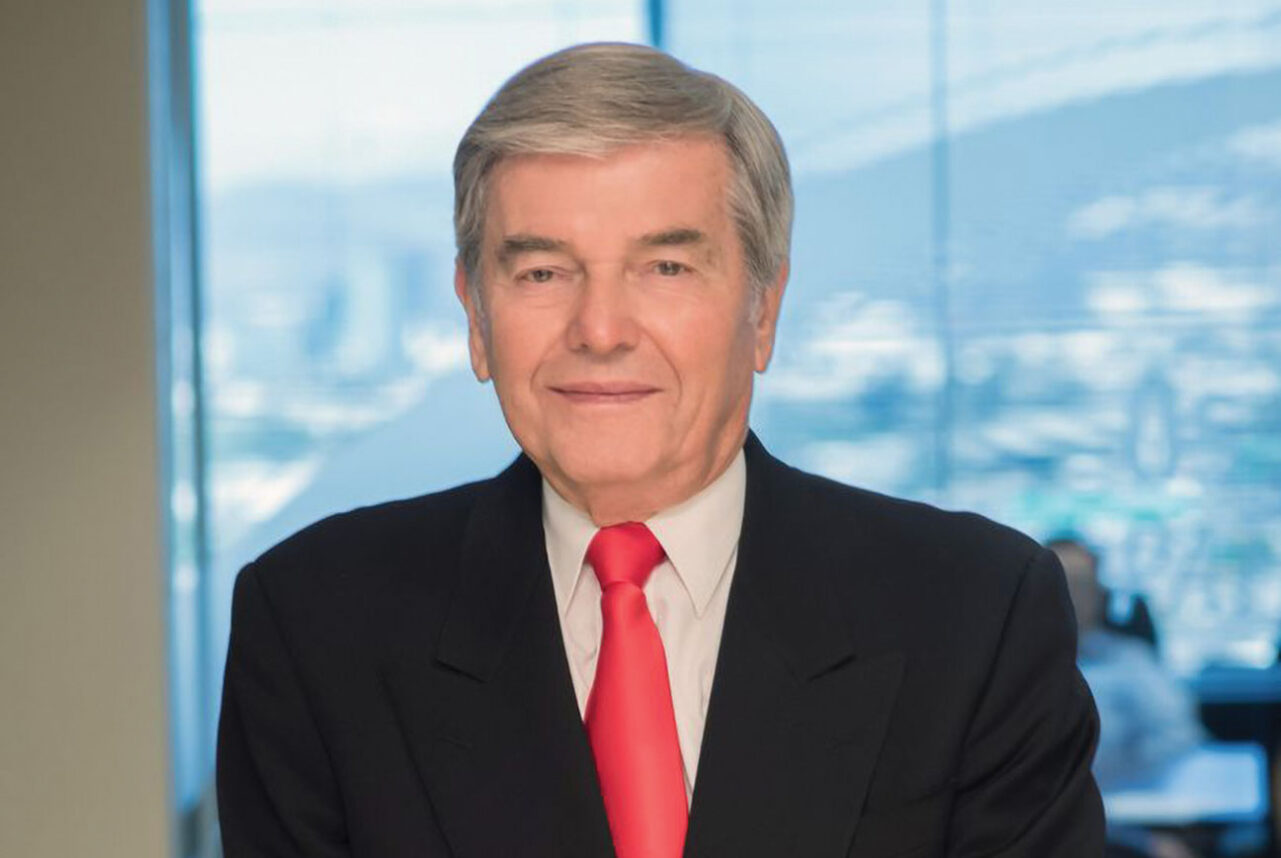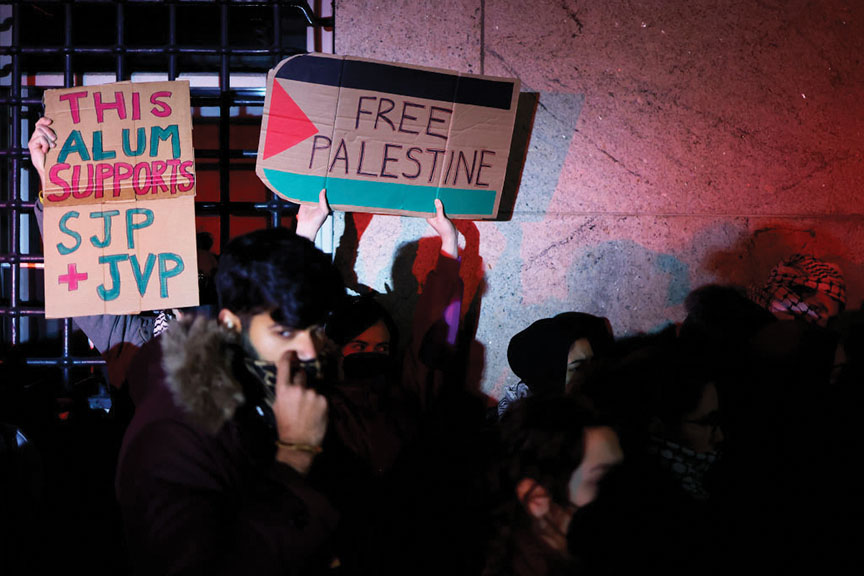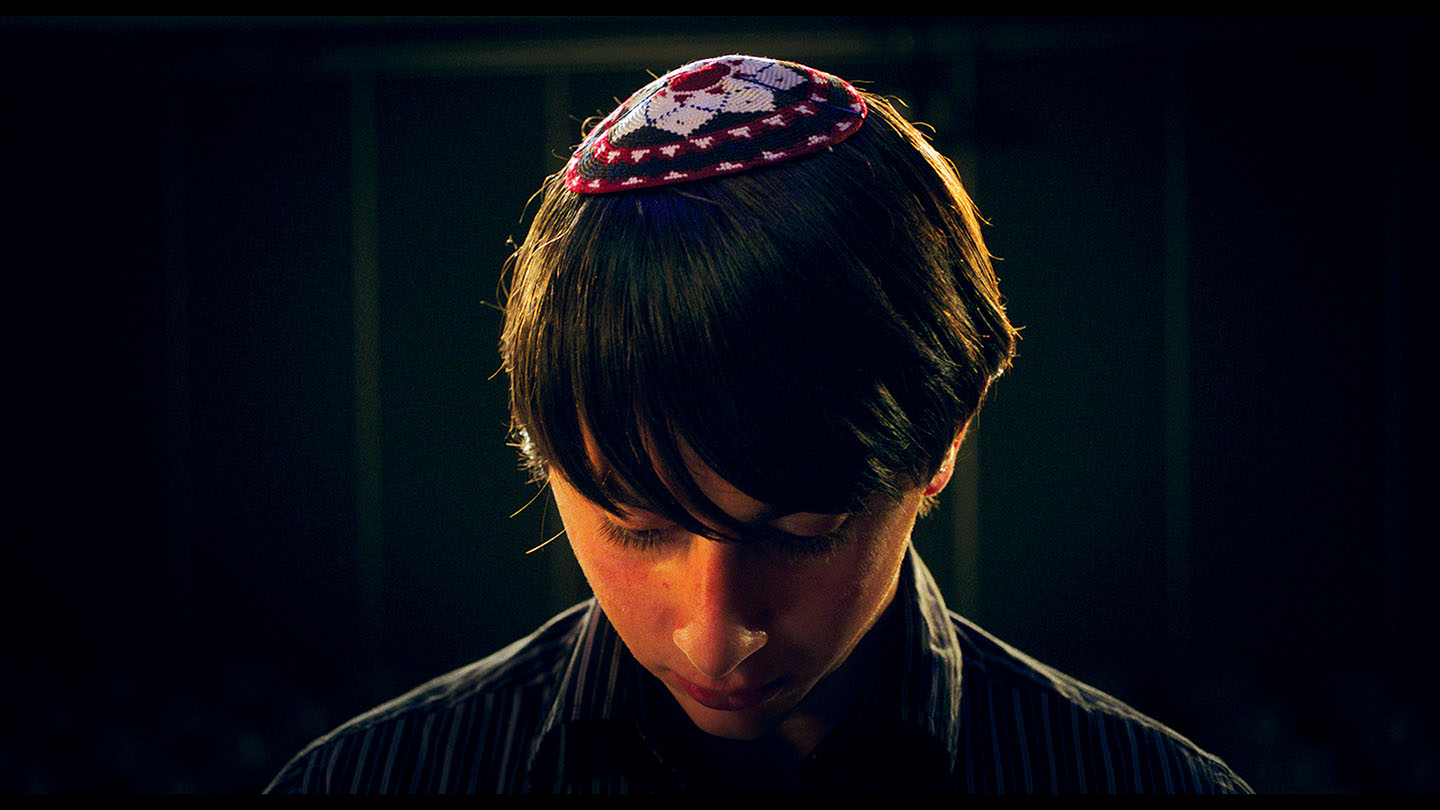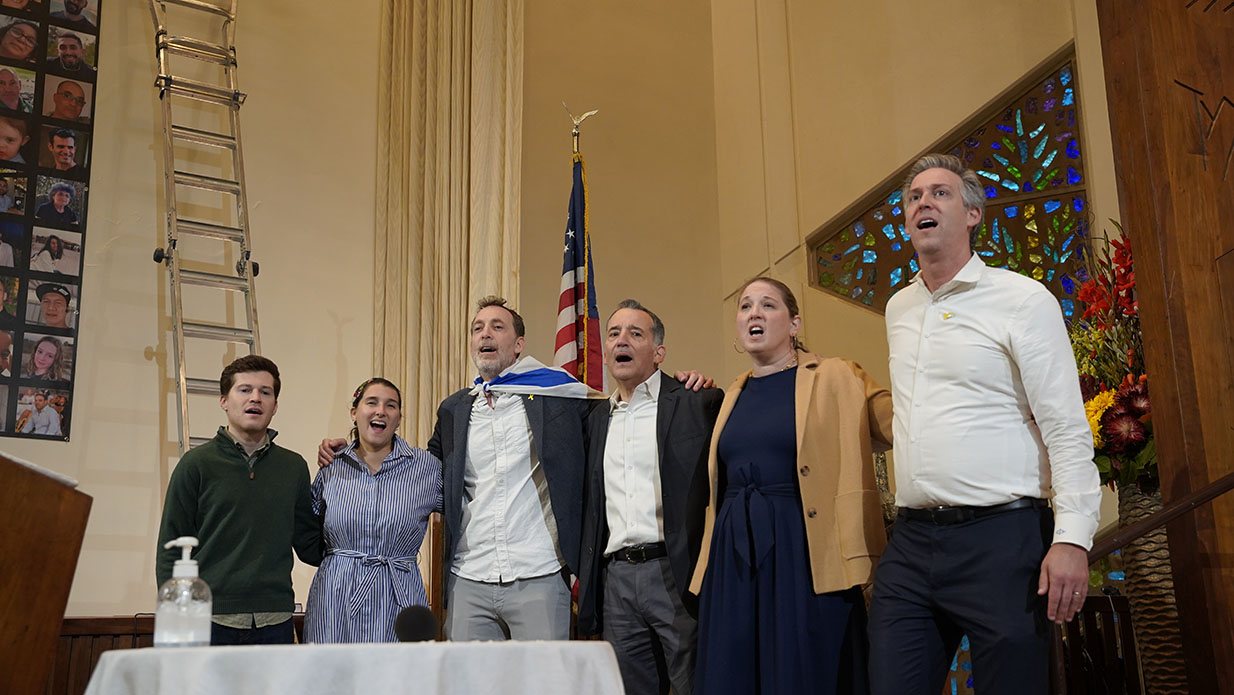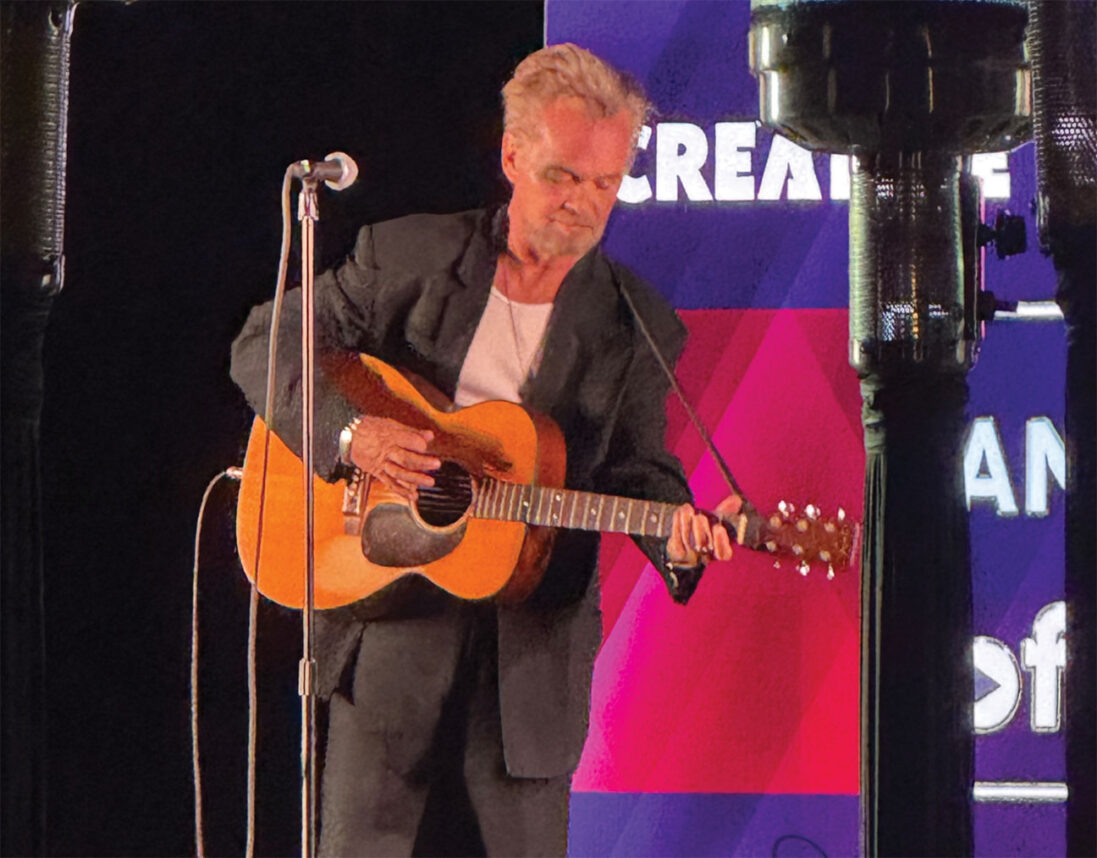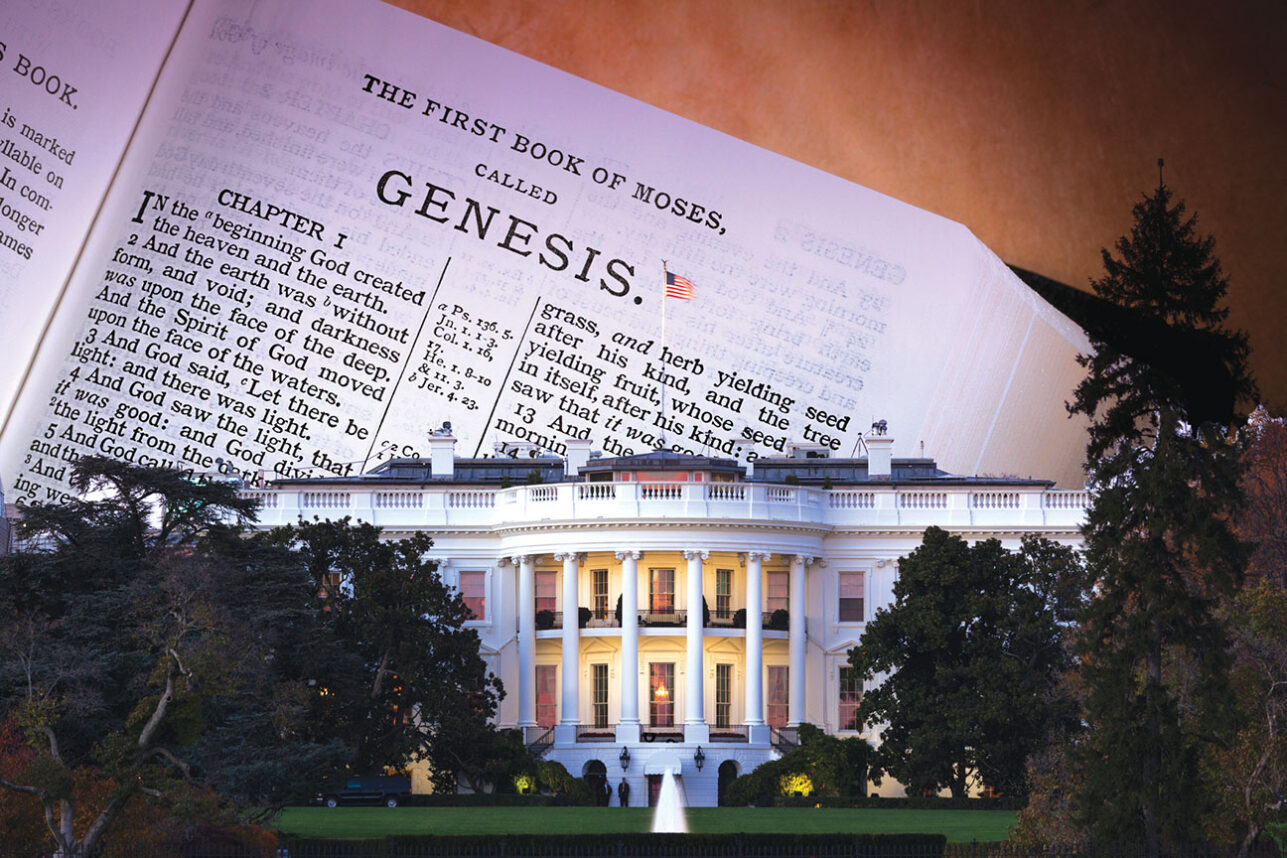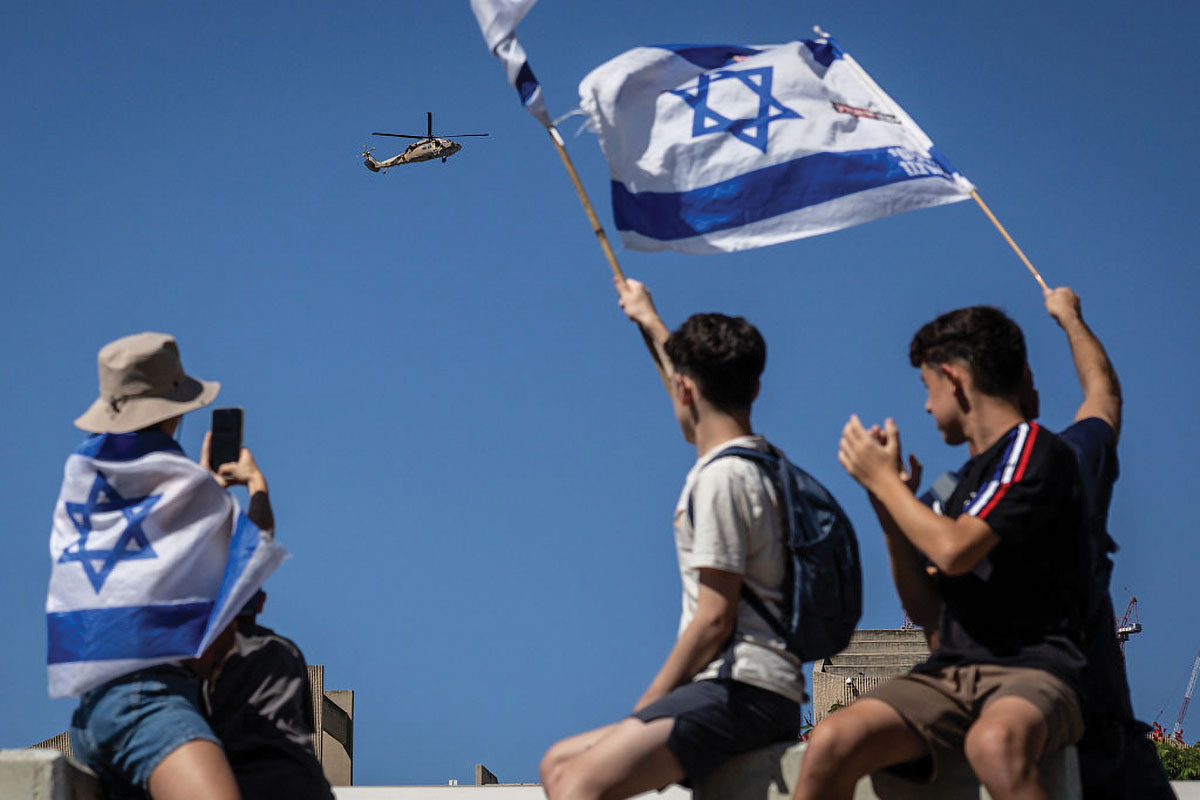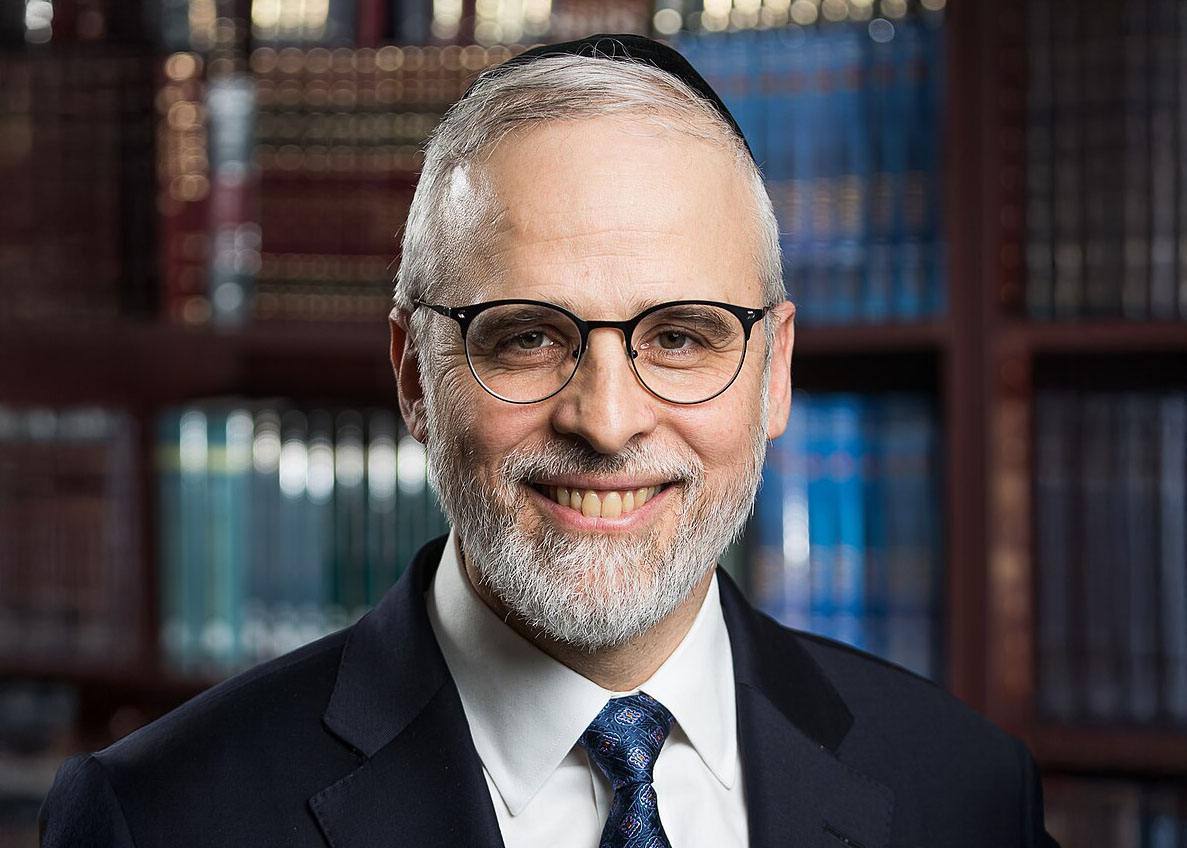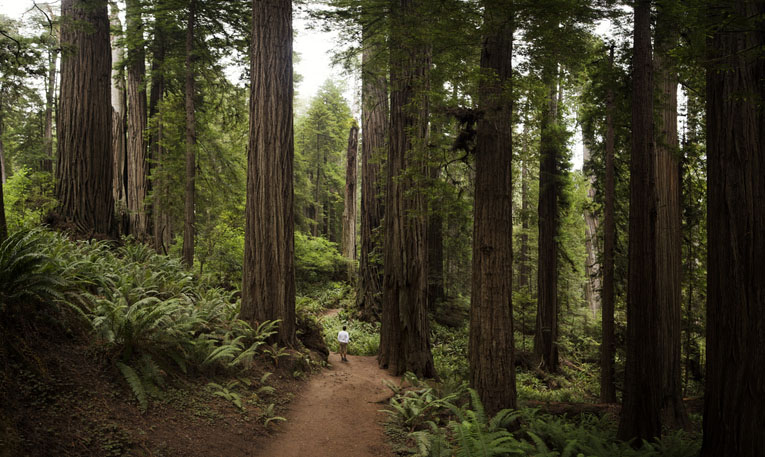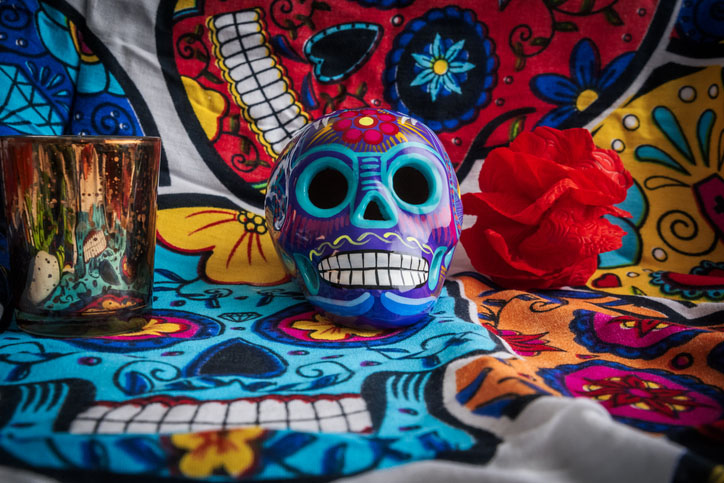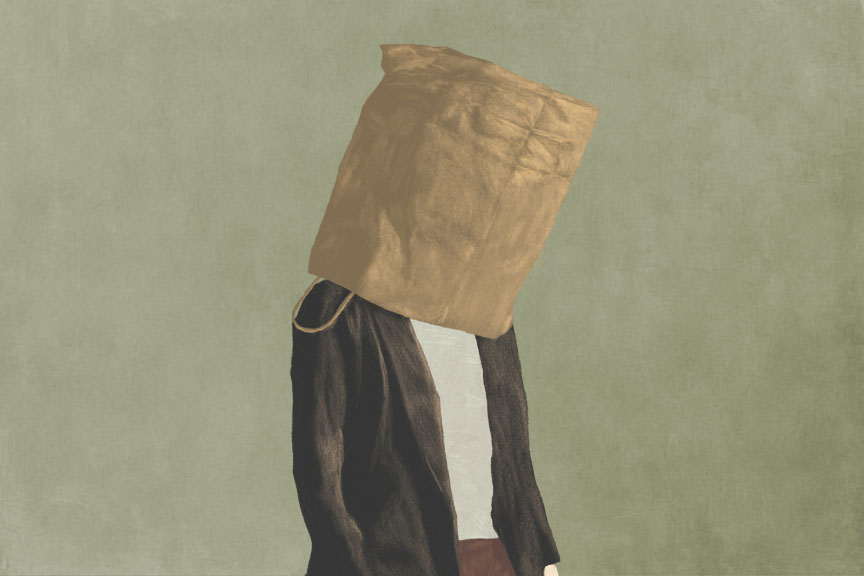
Since Oct. 7, so many Jews have spoken up. They have proudly declared they are Jewish, risking their careers and their reputations. Other Jews have supported Israel online and off. Some have transformed their entire lives, solely focusing on Judaism and Israel advocacy over the past year.
And still, there are the Jews who said nothing post-Oct. 7. I dub these people the “quiet Jews.” I wonder where their heads are at. What are they thinking in this post-Oct. 7 world?
Some have messaged me privately, telling me how much they are struggling, but that they are too scared to say something because of the repercussions. They don’t want to lose their friends or risk hurting their careers.
Some are cynical and in survival mode. They had family members who died in the Holocaust, and they think, “Same antisemitism, different day.” So, they detach.
But some, I must admit, some I just don’t understand. They go on posting about their lives, about their upcoming events, their successes, the great time they had at their friends’ wedding. It was as if Oct. 7 and everything horrible that came after it never happened. And I’m not close enough to them to reach out and say, “Don’t you want to stand up for your people? Shouldn’t you say a nice word or two about the only place in the world that would accept you with open arms if, God forbid, something terrible happened in the Diaspora? Don’t you feel anything?”
One of the hardest things I’ve struggled with over the past year is holding back criticism of the quiet Jews, especially the ones who were so openly Jewish before Oct. 7 and have been mostly silent since then. A few of the famous ones even profited off their Jewish content in the past. And yet, when it comes down to it, when we really need them to say something and stand by our side, they retreat.
One of my favorite outwardly Jewish bands, for instance, didn’t speak up after Oct. 7, and have since wiped clean all their social media accounts. I’m so hurt that I can’t even listen to their music anymore. If I could meet them in person, I’d ask them: “Why? Why are you so quiet?”
When I think of the quiet Jews, I try my hardest not to get angry or lose hope in them. I pray they are doing more hidden work that I simply cannot see.
Perhaps they are pleading with God every single day, just like me. Maybe they are secretly worried about Israel and checking the news all the time, just like I am. They could be thinking about the Jewish homeland and their Jewish identity constantly, just like I do. Who knows?
Perhaps they are pleading with God every single day, just like me. Maybe they are secretly worried about Israel and checking the news all the time, just like I am… Who knows? One thing is for sure: I can’t make them speak up. I can’t change them. But I can change myself.
One thing is for sure: I can’t make them speak up. I can’t change them. But I can change myself.
Ahavat Yisrael, to love your fellow Jew, is one of the most important mitzvot. This year and beyond, I will work on loving all Jews, even if they’ve been quiet in the face of all this tragedy.
Ultimately, unconditional love for your fellow Jew is what will bring the Jewish people’s redemption. It’s not an easy mitzvah, but it’s one that we all must try to fulfill. I know I will.
On that note, whether you’ve been loud or quiet about your Judaism over the past year, whether you’ve publicly supported Israel or you’ve retreated to your inner world, I still have love in my heart for you. I still believe in you.
Maybe now, you will know that it’s safe to say something. You shouldn’t be afraid.
Your fellow Jew – at least one – is here for you. And I promise: I will never leave your side.
Kylie Ora Lobell is an award-winning writer and Community Editor of the Jewish Journal. You can find Kylie on X @KylieOraLobell or Instagram @KylieOraWriter.









